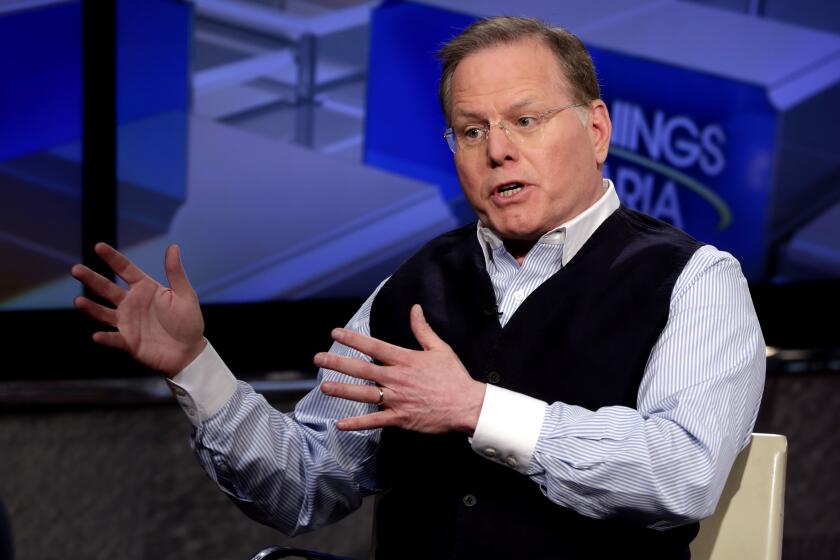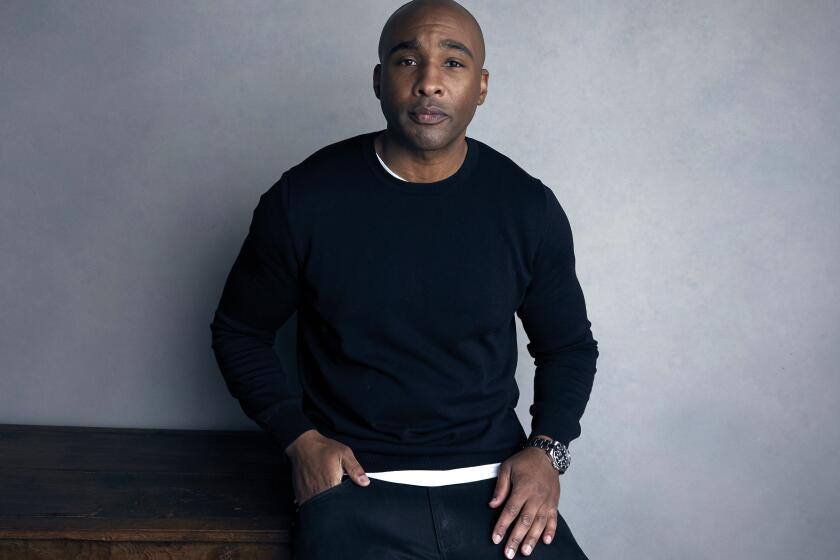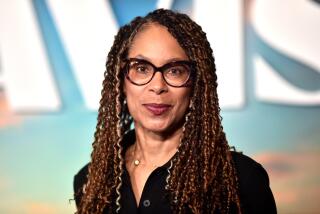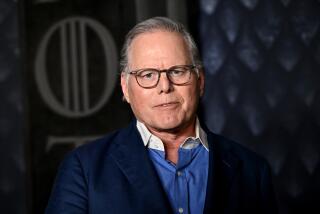Warner Bros. Discovery cuts high-profile diversity leader Karen Horne
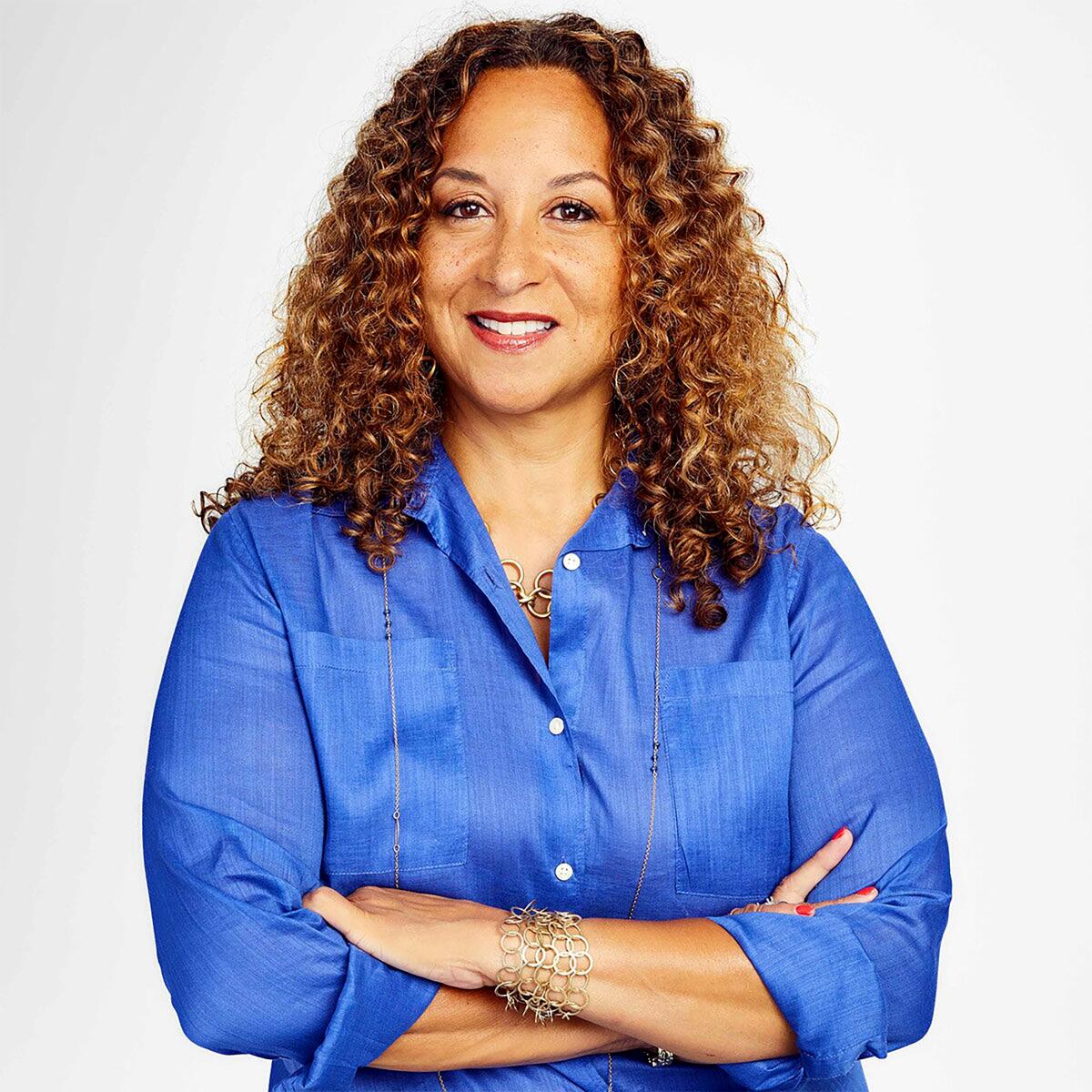
Warner Bros. Discovery is laying off Karen Horne, a respected executive who had overseen diversity, equity and inclusion efforts at the storied film and television company in Burbank.
Horne becomes the latest senior executive forced out amid a massive restructuring.
Warner Bros. Discovery announced Horne’s departure to staff on Wednesday, sources told The Times.
Megan Klein, a spokesperson for the company, confirmed Horne’s exit; she said the executive’s departure was not part of the cost-cutting but rather a rethinking and reorganization of the company’s diversity organization. Warner Bros. Discovery’s chief global diversity, equity and inclusion officer, Asif Sadiq, remains.
But Horne, who declined comment, is deeply popular and respected in the Hollywood creative community. She has been a longtime leader in the industry’s efforts to ensure that the workforce as well as films and TV shows reflect society’s diversity.
At Warner Bros. Discovery, she served as senior vice president for diversity, equity and inclusion overseeing all North American components.
She joined the company in March 2020 — two months before George Floyd’s murder in Minneapolis — when previous owner AT&T was bolstering the entertainment company’s commitment to diversity in an effort to create a model for the industry. Soon, a global outcry over Floyd’s death at the hands of police officers spurred legions of companies, including many in Hollywood, to step up their commitment to promoting the talents and voices of underrepresented groups.
Zaslav defended aggressive cuts at the media giant, framing them as part of a broader rethinking of how the company works.
In a memo sent to staff members, Sadiq wrote that Horne’s departure was part of a reorganization and not a shift in the group’s focus. He said the company planned to launch a search for a new vice president to head diversity and inclusion for its North American business units.
“Karen is a talented executive who is committed to our shared goals of creating an even more inclusive company and an accessible and equitable industry,” Sadiq wrote. “I thank Karen for the important role she played in establishing a strong foundation while integrating the legacy companies’ teams and programs, and wish her the very best.”
Horne’s role entailed promoting inclusion efforts for the company’s workforce as well as its programming. Going forward, there will be one executive in each geographic region responsible for internal programs and another who oversees issues dealing with the content pipeline and programming.
“Importantly, these changes do not alter our commitment to or our plans for pipeline programs and content-driven initiatives — these are fundamental pillars of our DE&I strategy and will continue to be areas of investment and focus,” Sadiq wrote.
Horne, who is Black, came to Warner Bros. from NBC, where she had been in charge of programming talent development at NBC Entertainment and Universal Television.
While there, Horne started several groundbreaking programs, including the Late-Night Writers Workshop in 2013, which was instrumental in opening up privileged slots to more women and ethnically diverse men.
Horne also developed NBC’s Female Forward program, which provided opportunities for aspiring female directors to shadow others and direct an entire TV episode. The move came amid studies that found women were largely excluded from film director roles.
Her Warner Bros. Discovery company biography credits Horne with creating and developing diversity programs that have become “the industry’s gold standard and a blueprint for many other companies.”
After thousands of layoffs, stock woes and program cancelations, Warner Bros. Discovery has created a $27-million bonus pool for top executives and also increased incentive awards for its chief executive, David Zaslav.
Horne’s departure comes as Warner Bros. Discovery scales back its socially responsible spending efforts, according to people with knowledge of the programs who were not authorized to comment. It also has been laying off thousands of employees.
The company is burdened by a mountain of debt from last year’s consolidation of WarnerMedia and Discovery. It also is grappling with a soft advertising market, the flight of cable television subscribers and Wall Street’s sour view of traditional media companies.
Warner Bros. Discovery also has slashed dozens of TV programs and movies, including “Batgirl,” which was to feature the first Latina superhero. As part of the budget cuts, Warner Bros. Television last fall canceled a workshop for emerging writers and directors, prompting outrage among those who accused the company of slamming a door on women and people of color trying to break into Hollywood. Executives then said they would revive the program in a different form.
As the industry retrenches, diversity officers and programs also have faced cuts.
The exit of another key figure — LaTondra Newton, who served as chief diversity officer for the Walt Disney Co. for six years — was announced earlier this month.
Newton worked with business segments and leaders across the company to ensure that Disney supported an inclusive workplace and produced entertainment that reflected a global audience.
A review of senior leadership at the six major media companies shows that the top ranks remain overwhelmingly white.
In addition, Vernā Myers, who led Netflix’s inclusion and diversity initiatives, announced that she would be leaving the company in September after five years. Myers is expected to segue to a consulting role at Netflix through her firm, the Vernā Myers Company, which provides diversity and inclusion training to companies.
More to Read
Inside the business of entertainment
The Wide Shot brings you news, analysis and insights on everything from streaming wars to production — and what it all means for the future.
You may occasionally receive promotional content from the Los Angeles Times.
